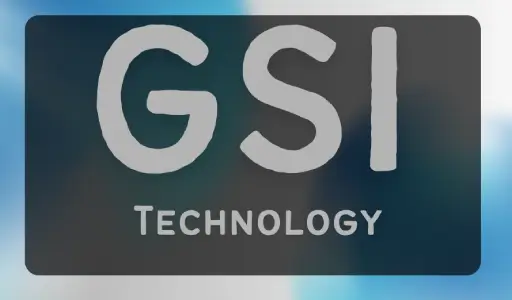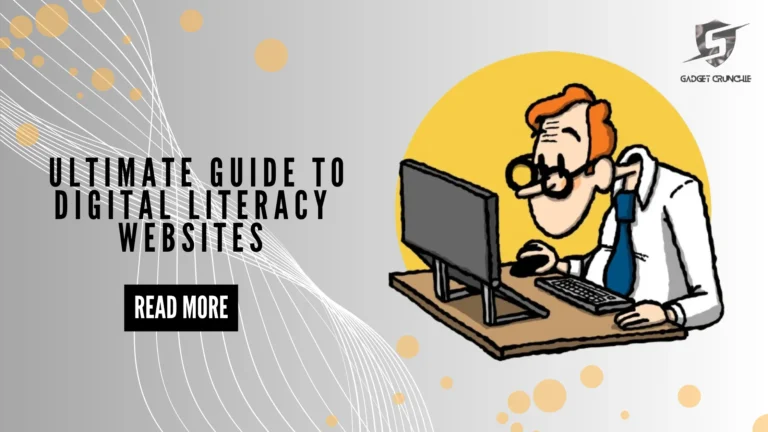The Future of Smart Cities and Urban Connectivity represents the intersection of technology, infrastructure, and sustainable urban development to improve the quality of life for residents and enhance overall efficiency. As advancements in technology continue to reshape our world, the concept of smart cities has gained momentum, promising increased connectivity, data-driven decision-making, and innovative solutions to urban challenges. This article explores the future of smart cities and urban connectivity, delving into the key technological innovations driving this transformation, the importance of data-driven approaches, and the opportunities and challenges that lie ahead in shaping the cities of tomorrow.

Introduction to Smart Cities
Smart cities are like the cool kids of urban development – they use technology and data to make our lives easier and our cities more efficient. It’s like giving your city a shiny, new smartphone to work smarter, not harder.
Defining Smart Cities
Smart cities are basically urban areas that harness technology and data to improve infrastructure, services, and overall quality of life for residents. They’re like the tech-savvy superheroes of the urban world, fighting inefficiency and traffic jams with the power of connectivity.
Historical Evolution of Smart City Concepts
The idea of smart cities isn’t new – it’s been brewing for decades. From sci-fi dreams of futuristic cities to practical applications of data-driven decision-making, the evolution of smart city concepts has been like watching a city grow from a small town to a bustling metropolis.
Technological Innovations Driving Urban Connectivity
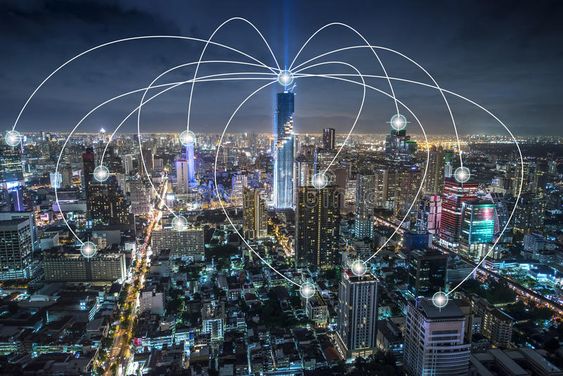
When it comes to urban connectivity, technology is the driving force behind the scenes, making sure everything runs smoothly like a well-oiled machine. From the Internet of Things to lightning-fast 5G, these innovations are the secret sauce that keeps our cities connected and humming.
Internet of Things (IoT) Integration
The Internet of Things is like the ultimate urban matchmaker, connecting devices, sensors, and infrastructure to create a seamless web of data and communication. It’s like having your city’s gadgets talk to each other, making sure everything is working together harmoniously.
5G and Connectivity Speed
5G isn’t just a faster way to watch your favorite shows – it’s the speed that powers our urban connectivity dreams. With lightning-fast speeds and low latency, 5G is like giving your city a caffeine boost, making sure data travels at the speed of light.
Data is like the secret sauce that makes smart cities tick – it’s the magic ingredient that helps city planners make informed decisions and optimize resources. Think of it as the crystal ball that lets cities peek into the future and plan accordingly.
Role of Big Data Analytics
Big data analytics is like the Sherlock Holmes of the smart city world, using data to uncover hidden patterns, trends, and insights. It’s like having a crystal ball that helps cities predict traffic patterns, optimize energy usage, and even improve public services based on real-time data.
Artificial Intelligence Applications
Artificial intelligence is like the wise sage of smart cities, using algorithms and machine learning to make cities smarter and more efficient. From optimizing traffic flow to predicting changes in weather patterns, AI is the brainpower that helps cities stay one step ahead of the game.
Sustainable Infrastructure and Energy Solutions
In a world where sustainability is key, smart cities are leading the charge towards greener pastures. By integrating renewable energy sources and adopting green building practices, these cities are like the eco-warriors of urban development, fighting to create a more sustainable future.
Renewable Energy Integration
Renewable energy is like the superhero cape that smart cities wear proudly, harnessing the power of the sun, wind, and other clean sources to reduce carbon footprints and combat climate change. It’s like powering your city with the force of nature, ensuring a greener and cleaner tomorrow.
Green Building Practices
Green building practices are like the eco-friendly architects of smart cities, designing structures that are energy-efficient, sustainable, and easy on the planet. From green roofs to energy-efficient lighting, these practices are like the building blocks of a more sustainable urban landscape.
Enhancing Transportation Systems through Smart Technology.
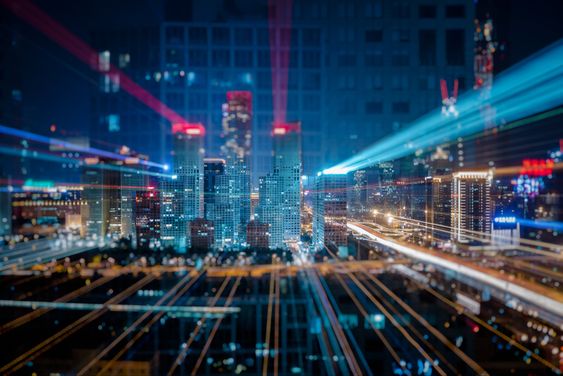
In the world of smart cities, transportation is getting a high-tech makeover. From easing traffic congestion to optimizing public transport, smart technology is revolutionizing urban mobility.
Smart Traffic Management
Gone are the days of mind-numbing traffic jams. Smart traffic management systems use real-time data and AI algorithms to adjust traffic flow, synchronize traffic signals, and reroute vehicles efficiently. Say goodbye to honking and hello to smooth sailing!
Public Transportation Optimization
Smart cities are all about getting from point A to point B with ease. Public transportation optimization involves using data analytics to improve routes, schedules, and services. No more missing the bus or waiting ages for the subway – smart technology keeps urban dwellers moving.
Data Privacy Regulations
Smart cities abide by strict data privacy regulations to ensure your personal information is safe and sound. From anonymizing data to obtaining user consent, your privacy is a top priority in the digital age. Big Brother is not invited to this party!
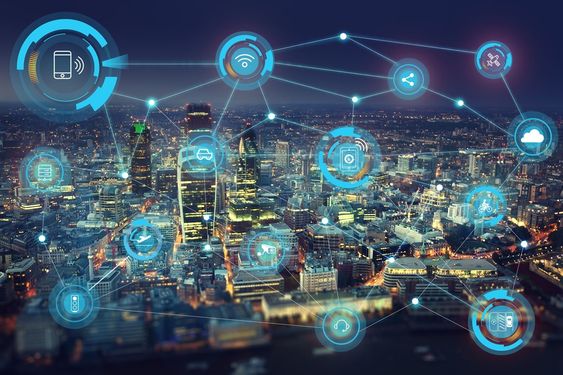
Cyber Security Measures
Hackers, be warned! Smart cities employ robust cybersecurity measures to shield their systems from attacks. Encrypted networks, regular security audits, and vigilant monitoring keep your city data out of the clutches of cyber villains. Your secrets are safe with us!
Community Engagement and Citizen Participation
Smart cities are not just about flashy tech – they put the power in the hands of the people. Community engagement and citizen participation initiatives ensure that everyone has a say in shaping the urban landscape.
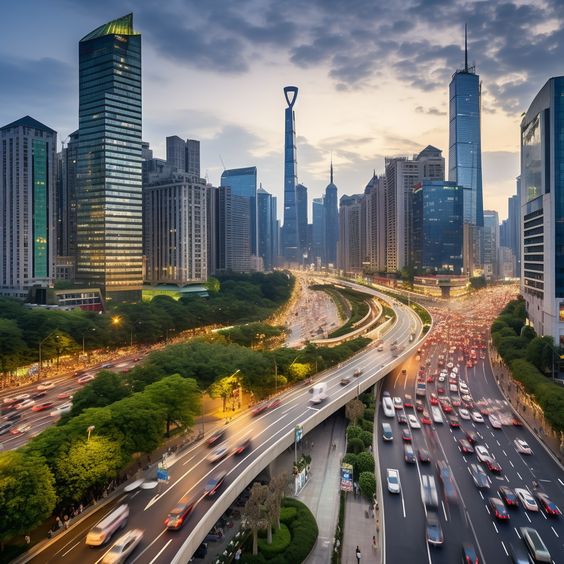
Future Trends in Smart City Development
Get ready for a wild ride! Future trends in smart city development include AI-driven services, 5G connectivity, and sustainable infrastructure. From autonomous vehicles to energy-efficient buildings, the possibilities are endless. Buckle up for a futuristic adventure!

